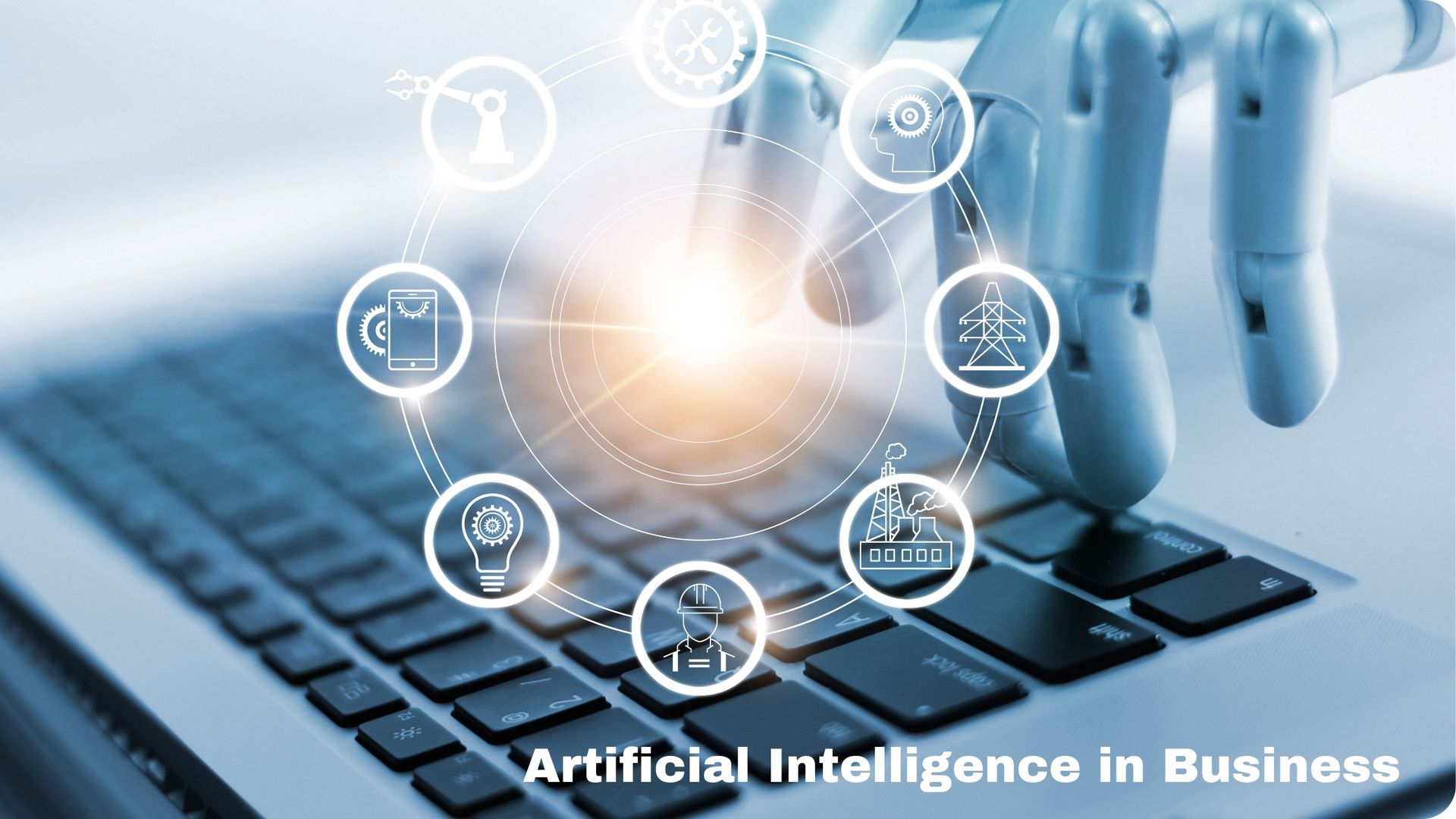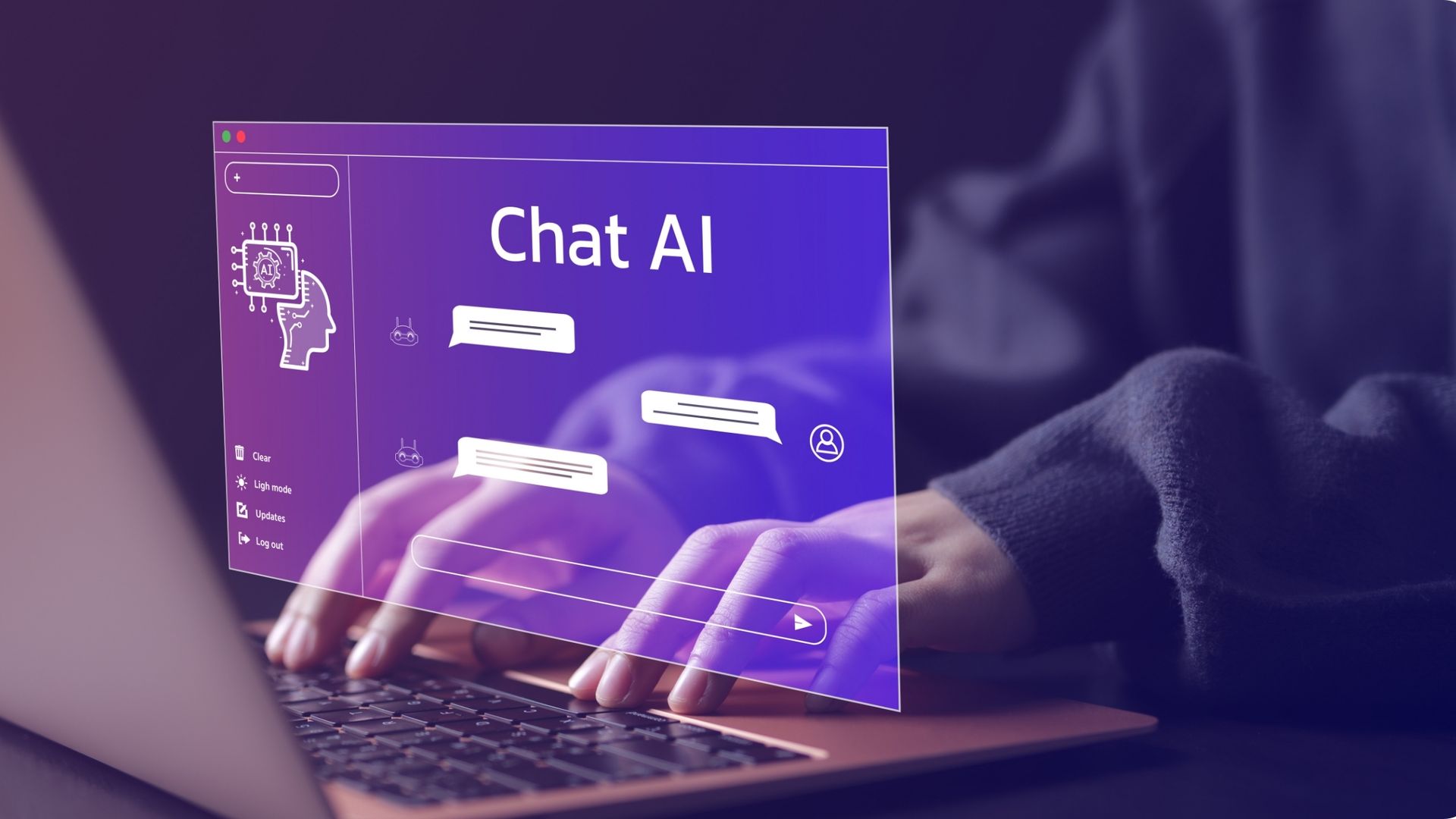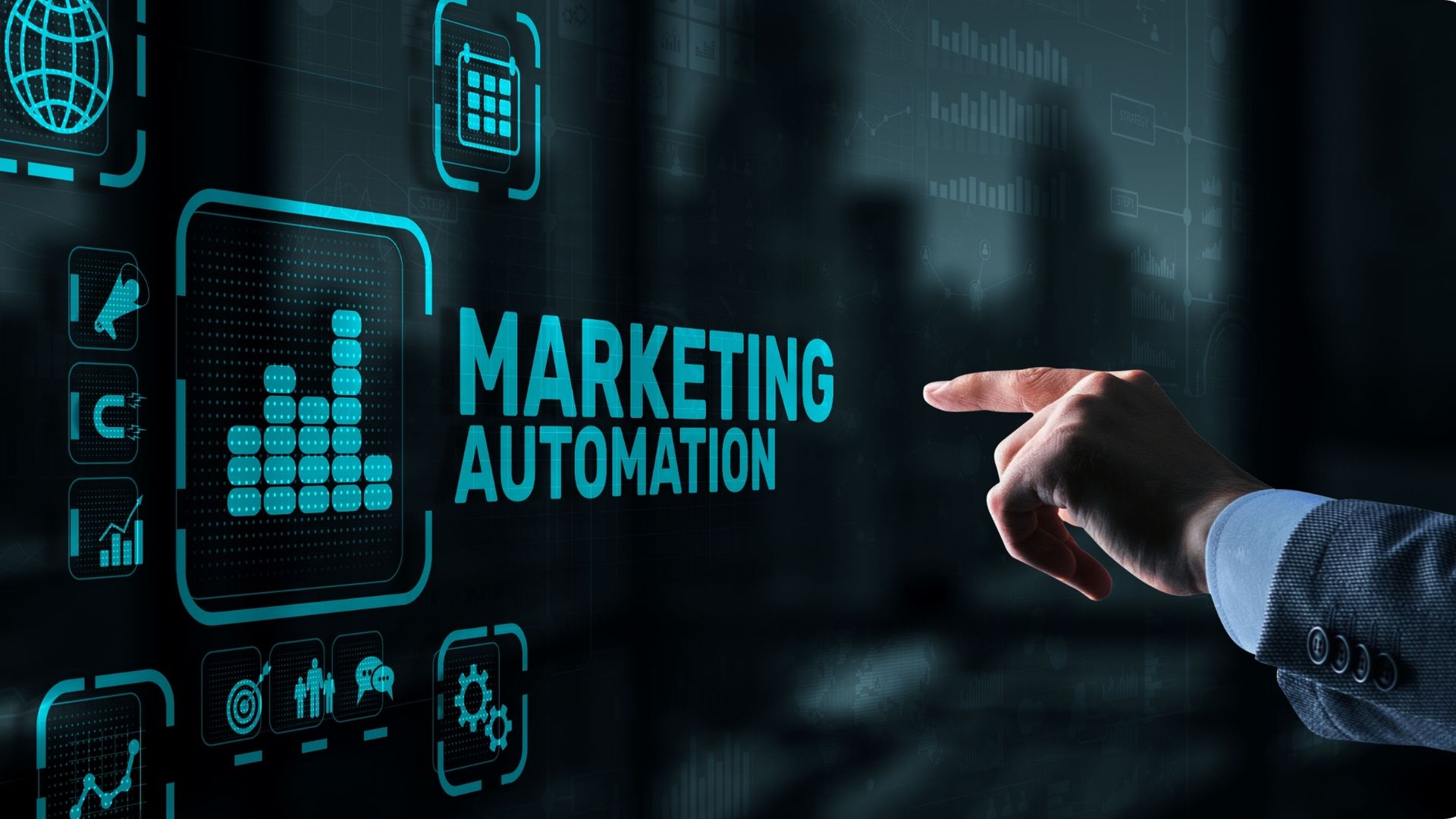Artificial intelligence: A brief overview
What is Artificial intelligence?
Artificial intelligence, defined as “the science and engineering of making intelligent machines, especially intelligent computer programs,” utilizes extensive data and human knowledge to enable computer systems to categorize data, make predictions, identify errors, engage in conversations, and analyze information in a manner akin to human reasoning.

The primary objective of artificial intelligence is to develop a computer system with critical thinking abilities similar to those of humans. These systems use business data and apply technologies such as natural language processing (NLP), machine learning (ML), and deep learning to support the smooth running of business operations. In order to implement AI within business functions, an understanding of these basic components is needed.
Machine learning algorithms
These algorithms are part of artificial intelligence and are used to make predictions or classifications based on input data. By utilizing training data sets, these algorithms are capable of recognizing patterns, uncovering anomalies, or forecasting future sales revenue. Machine learning algorithms are helpful in uncovering valuable insights from large data sets, hence providing tangible advantages for better business decision-making. Machine learning algorithms gain advantages from labelled data, which refers to data that has been categorized by a human expert prior to processing.
Deep learning
Deep learning is a type of machine learning that lets jobs be done automatically without any help from a person. Deep learning is used in virtual assistants, chatbots, facial recognition, and technology that stops fraud. By looking at data about how users behave, deep learning models can guess how they will behave in the future. Deep learning models are better at getting information from unstructured data like writing and images than general machine learning models, and they don't need as much help from humans.

Natural language processing (NLP)
Natural language processing is a branch of AI that allows computers and digital devices to identify, comprehend, and create text and speech. Digital assistants, Customer support chatbots, and voice-operated technologies like GPS systems are all driven by NLP. When NLP is combined with machine learning techniques and deep learning models, it lets systems learn from text- or voice-driven unstructured data.
Computer vision
Computer vision is an area of artificial intelligence that allows computers to understand and interpret visual information from images and videos by the application of deep learning and machine learning algorithms. It has increasingly broad applications, including the detection of defects in manufacturing processes. By leveraging advanced AI, organizations can automate mundane tasks, enhance data analysis, and optimize operations. This calls for strong data governance so that data access and security are guaranteed, combined with a powerful infrastructure that embraces a hybrid cloud. Such a design will enable firms to extract valuable insights from their data and devise efficient AI training models.
What is artificial intelligence (AI) in business?
AI in business means using tools like computer vision, machine learning, and natural language processing to improve functions, make workers more productive, and create value.
Artificial intelligence is the process of making computers and machine learning that can solve problems and make decisions like humans. This can have an impact on many business processes. Businesses utilize AI to enhance decision-making and optimize data usage, generate content, elevate customer experiences, and refine IT processes, sales, marketing, and cybersecurity. As AI tools get better, they can be used in new ways in business.
Artificial intelligence can help people do their jobs better and make businesses run more smoothly. AI automates tasks that need to be done over and over; machine learning creates new information, quickly processes big data sets to find insights, and predicts what will happen in the future. AI systems power different types of business automation, like company and process automation. This cuts down on mistakes made by humans and frees up workers to work on more complex tasks.
Businesses aren't just using AI tools to automate boring jobs and make workers more productive; they're also using AI for bigger, more strategic projects that make the whole business more valuable.
How Artificial Intelligence Will Transform Businesses
AI serves as a complementary tool rather than a substitute for human intelligence and creativity. Although the technology might struggle with commonsense tasks in real-world scenarios, it excels at processing and analyzing vast amounts of data significantly quicker than a human brain. AI software can analyze data and offer synthesized courses of action to human users, assisting us in assessing potential consequences and enhancing business decision-making.
The capabilities of AI render the technology an essential asset for businesses, especially in these key areas:
- ML
- Cybersecurity
- Customer relationship management (CRM)
- Internet and data research
- Digital personal assistants
AI in business use cases
Artificial intelligence can be used in more and more business situations as new technologies come out and old ones get better. There are many benefits to AI, and to get the most out of them, tools and people must work together to make operations more efficient and increase business value.
The following are some examples of how artificial intelligence is used in business:
IT operations
Artificial intelligence for IT operations “AIOps” is the use of AI, machine learning, and natural language processing models to make IT management and operations run more smoothly. AIOps speeds up the process of sorting through huge amounts of data, which reduces the time needed to find problems, fix them, and keep an eye on how well IT systems are running. AI helps IT teams be more visible and gives them real-time information about how things are running.
Sales and Marketing

Customer data assists marketing teams in crafting marketing strategies by identifying trends and spending patterns. Artificial intelligence tools assist in processing large data sets to predict future spending trends and perform competitor analysis. This enables an organization to achieve a more profound insight into its position within the market.
AI tools facilitate marketing segmentation, a strategy that leverages data to customize marketing campaigns for specific customers according to their interests. Sales teams can leverage this data to provide product recommendations informed by customer analytics.
Content generation
Generative AI (GenAI) is an expanding domain that assists organizations in enhancing content creation. Tools like ChatGPT give content teams robust resources to generate original content. These tools are capable of generating images or text from input prompts, allowing designers, writers, and content leads to utilize these generative AI outputs for brainstorming, outlining, and various project tasks. According to Gartner, by 2025, generative AI is projected to account for 30% of outbound marketing content, a significant increase from just 2% in 2022.7 Generative tools like IBM watsonx™ Code Assistant assist developers by producing code.
Although AI content generation remains mostly unregulated, it is essential for human employees to oversee the application of AI in content creation to avoid copyright violations, the spread of misinformation, and other unethical business practices.
Customer service
AI empowers businesses to deliver round-the-clock customer service and quicker response times, enhancing the overall customer experience. Chatbots powered by AI can assist customers in addressing straightforward inquiries without the need for a human representative. This capability enables the human customer service team to tackle more intricate problems.
Cybersecurity

Artificial intelligence tools can enhance network security, facilitate anomaly detection, assist in fraud detection, and aid in the prevention of data breaches. The growing reliance on technology in the workplace presents heightened risks for security breaches. To counter these threats and safeguard both organizational and customer data, it is essential for organizations to take a proactive approach to identifying anomalies. Deep learning models can analyze extensive sets of network traffic data to detect behaviours that may indicate a potential attack on the network.
Data breaches can incur significant costs and undermine customer trust.
Supply chain management
The use of AI in supply chain management manifests through predictive analytics, aiding in the forecasting of future shipping and material costs. Predictive analytics assists organizations in sustaining suitable inventory levels. This minimizes bottlenecks and prevents the overstocking of products.
AI technologies are advancing quickly, and their application is broadening to address a greater range of business requirements and strategies. The future of AI will be shaped by new technologies and the innovative approaches of business leaders—grasping how AI integrates into your business model is essential for sustaining a competitive advantage.
The future of AI
AI is set to take on a greater number of everyday tasks: The evolution of AI technology is anticipated to allow robots to carry out more common sense activities, enhancing their utility in daily life.
AI will turn the impossible into reality: Advancements in AI are transforming once unimaginable concepts, such as driverless cars, into tangible realities by leveraging extensive training data and enhanced processing capabilities.
AI will revolutionize familiar activities: it has the potential to transform everyday experiences, such as dining, by tailoring music and decor to match guests' preferences.
AI is set to transform 3D experiences: Upcoming advancements in AI will transition interactions from conventional two-dimensional displays to engaging 3D environments, enriching user experiences in interconnected spaces.
FAQ’s
1- Will AI replace web developers?
AI is not anticipated to completely take over the role of web developers; rather, it will support them by automating routine tasks and improving efficiency. Human oversight and creativity are crucial for tackling complex problems and generating innovative solutions in web development.
2- When ai created?
The field of artificial intelligence originated in the mid-20th century, marked by important developments in the 1950s, such as the Dartmouth Conference in 1956, which is frequently regarded as the inception of AI.
3- 10 uses of artificial intelligence
- Image and speech recognition
- Automated customer support (chatbots)
- Predictive analytics for business insights
- Personalized marketing and recommendations
- Fraud detection in finance
- Autonomous vehicles (e.g., driverless cars)
- Medical diagnosis and treatment recommendations
- Smart home devices (e.g., smart thermostats)
- Natural language processing for content generation
- Supply chain optimization and inventory management